Few people are as caring and compassionate as Manjit Dhillon, a facial reconstruction surgeon who gives up her holidays to volunteer on a hospital ship in Africa.
But if you called her a hero, she’d likely shake her head.
When she’s not working at Aberdeen Royal Infirmary, she spends weeks aboard one of two Mercy Ships, a floating hospital run by a global charity that brings medical care to places where it’s desperately needed.
Her patients are some of the poorest in the world, and the surgery she performs to remove tumours the size of cricket balls from their faces transforms lives beyond measure.
But Manjit sees it differently. The impact runs in the opposite direction.
“People think, ‘Oh, you’re a humanitarian surgeon, you change so many people’s lives’,” she says. “And I’m thinking, it’s actually the other way around. They’ve changed MY life for the better.”
What are the Mercy Ships that Aberdeen surgeon Manjit works on?
Mercy Ships are exactly what they sound like — floating hospitals with a mission to bring life-changing medical care to some of the world’s poorest regions.
Staffed almost entirely by volunteers, these vast vessels — crewed by hundreds — serve countries where healthcare is scarce, offering everything from tumour removals and reconstructive surgery to dental care and childbirth assistance.
Founded in 1978, the faith-based charity operates two ships: the Africa Mercy and the Global Mercy.
Manjit has worked on both, across three separate trips each lasting about three to five weeks. The 47-year-old is relatively new to Mercy Ships — her first tour was in 2023 — but she got so much out of it that she signed up for two more in quick succession.
When we speak over video on a Friday afternoon, she’s just back from her third stint aboard the Global Mercy, docked off the coast of Sierra Leone, and she’s still vibrating with energy.
“The missions are just so high octane,” laughs Manjit, who grew up in Glasgow and has called Aberdeen home for eight years. “You’ve got such a buzz — the adrenaline, the excitement, the positivity — it just lifts you up so much when you come back.”
Manjit first heard about Mercy Ships many years ago while training in maxillofacial surgery, a specialty focusing on reconstructive surgery of the face.
But it wasn’t until she had spent a decade as a consultant surgeon at Aberdeen Royal Infirmary that she began seriously considering humanitarian work, in addition to her honorary lecturer role at Aberdeen University.
“In the back of my head, I always thought, ‘I really want to do some mission work – use my skills where they’re needed.’”
Manjit’s memorable first trip to a Mercy Ship
That she would do so aboard a Mercy Ship was never a given. Mercy Ships is a Christian faith-based charity, while Manjit, the daughter of immigrant parents from northern India, grew up in a Sikh household.
But, as she says, “sharing your skills and helping other humans, it’s a big part of my culture.”
So, a year ago last October, she boarded a flight from Aberdeen to Paris, then on to Freetown, Sierra Leone. From there, she took a ferry from Freetown’s Aberdeen Port – an unexpected namesake, Manjit laughs — to the harbour where the Global Mercy was docked.
It was during that ferry ride that one of her main concerns about the entire experience came sharply into focus — she gets terribly seasick.
“I’m always sick,” she admits. “People kept saying, ‘Why are you going to a Mercy Ship? The clue’s in the name!’”
A multinational village with cheese toasties on tap
As it turned out, the choppy ferry ride from Aberdeen Port was as bad as it got.
The Global Mercy is a 36,000-tonne vessel — about the size of a cross-channel ferry. At 174 metres long, with 12 decks, it barely moves while docked. Colleagues had reassured her: the worst that would happen is she’d be gently rocked to sleep.
Her first sight of the ship remains etched in her memory.
“After such a long journey – the ferry, the noise, the traffic, the chaos – you feel like you’ve just died and gone to heaven,” she says. “It was all lit up in the dark. So majestic. So beautiful. I just couldn’t wait to get on board.”
Inside, the ship was a hive of activity — 650 crew and staff from 50 different countries. Arriving on board, Manjit was plunged into this multilingual world of volunteers, all on a shared mission to do good.
And if she had any worries about conditions on the ship, they quickly evaporated.
“It’s like a floating five-star hotel,” she says, listing amenities such as a gym, pool, kindergarten for the crew’s children and, most impressively, 24-hour access to cheese and ham toasties.
“You’re absolutely spoiled rotten,” she laughs.
A shocking introduction to life-changing tumours
But if the living conditions were first-class, the medical facilities were even better. The hospital spans two decks, featuring six operating theatres, 102 acute care beds, seven ICU beds, and 90 self-care beds.
Manjit was thrown into this world almost immediately. She arrived on a weekend and by Monday was in charge of about 20 patients, all with severe facial deformities requiring surgery.
It was a shocking experience, she says, one that made her question how any system of healthcare could allow this to happen – until she realised that in countries such as Sierra Leone there is no system.
“There is no healthcare,” she continues. “I’d wonder, ‘How many maxillofacial surgeons are there in Sierra Leone? Couldn’t someone have treated this?’ Well, there’s none.”
Many of her patients suffered from jaw tumours that, in the UK, would have been detected early. Instead, they were left to grow unchecked – one reached 1.3kg. Another patient arrived with a 1.1kg tumour protruding from her mouth.
“It was bigger than a small melon,” Manjit recalls. “She couldn’t close her lips. She couldn’t eat. When she arrived, she had a carrier bag wrapped around her head, knotted at the top, so all the secretions, saliva, and discharge from the tumour wouldn’t drip onto her clothes.”
But the more extreme the condition, the greater the reward when it was fixed.
After surgery, the same woman sat in the ward, greeted warmly by everyone who passed her bed. They called her ‘The Queen.’
“I asked why they were calling her that,” Manjit says. “They told me it was because she herself said, ‘I feel like a queen.’ Her mouth could close. She could eat, she could speak, she held her head high. She had nothing, yet she was so full of joy.”
‘It teaches you gratitude on a completely different level’
The cultural whiplash was dizzying, even after multiple missions. Manjit remembers arriving for her latest tour, complaining to a colleague about her gruelling 30-hour journey that included two missed flights and the loss of all her luggage.
Her colleague gently reminded her that some of their patients had walked for eight days to get there.
“It teaches you gratitude on a completely different level,” she says. “I appreciate all the privileges I’ve had — how lucky we are to work in the NHS. We complain about lack of resources and staff shortages, but we have so much to be grateful for.”
Meanwhile, Mercy Ships has given her so much in return. Professionally, it’s made her a better surgeon — some of the world’s best, including Dr Gary Parker, a maxillofacial surgeon who has lived on the Africa Mercy since 1986, are among her colleagues.
“He is honestly the most amazing human I have ever met,” she says of Dr Parker.
But the greatest rewards have been personal. She doesn’t mean this in a spiritual way, she insists, but onboard, “miracles happen every single day.”
And because she’s Manjit — ever modest — she adds: “I’m just a technician. I don’t do anything spectacular. But when you see the before and after, the miracle is in there. This whole team of people, from every corner of the globe, speaking different languages, comes together in harmony to make it happen.
“And, you know, it kind of makes you wonder.”
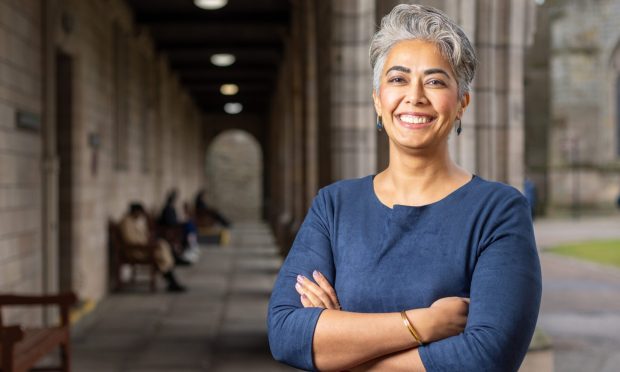
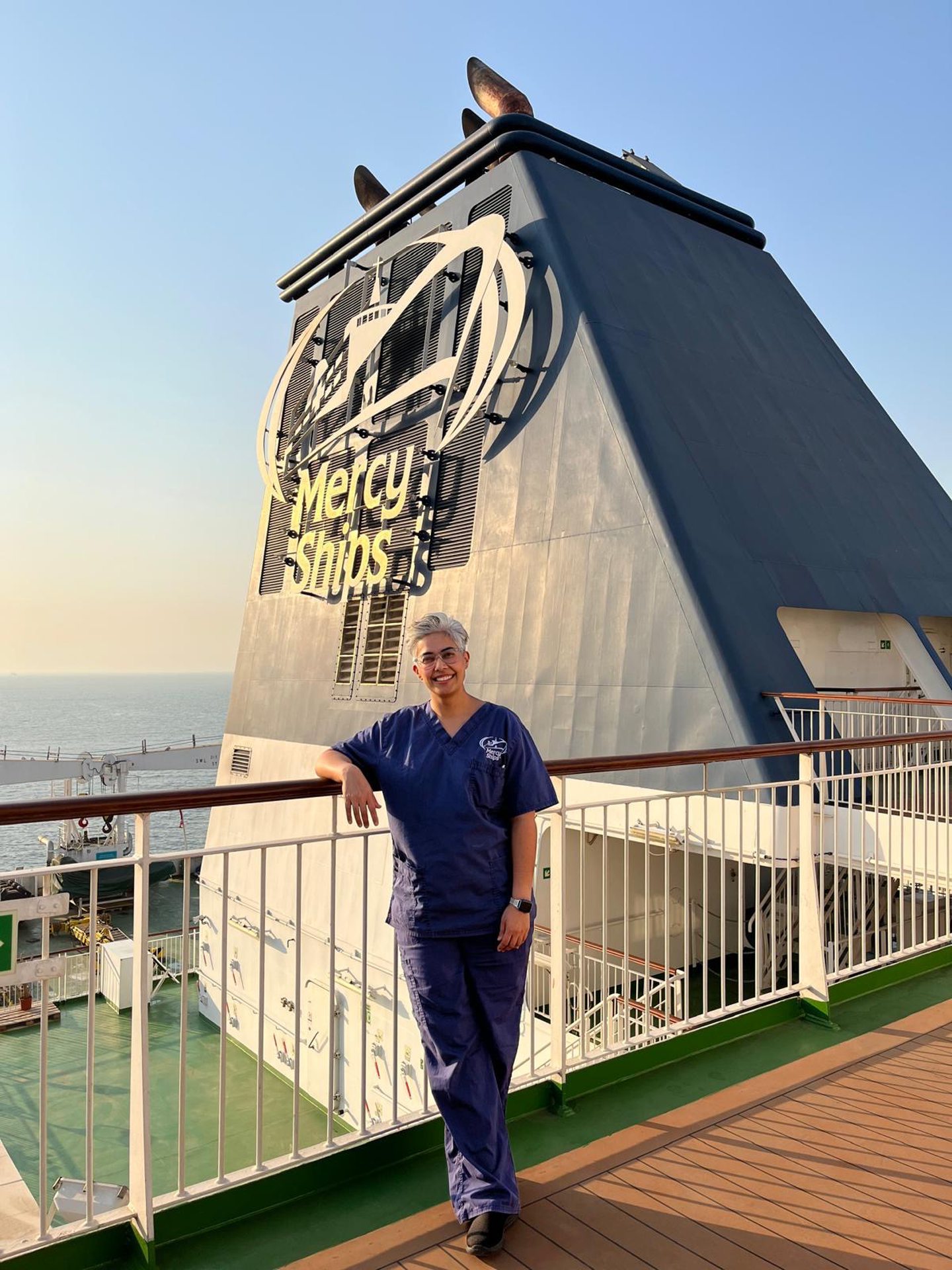
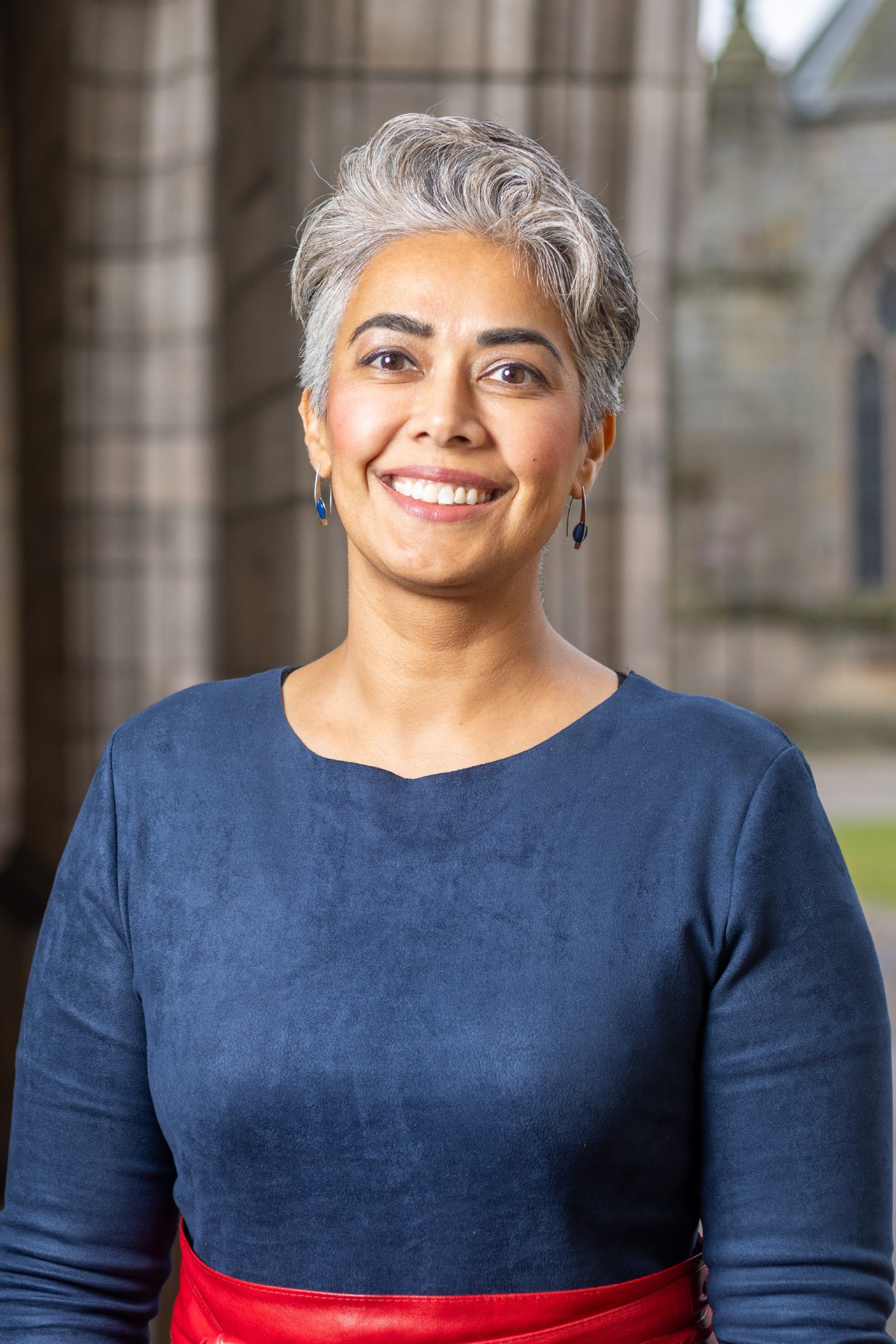
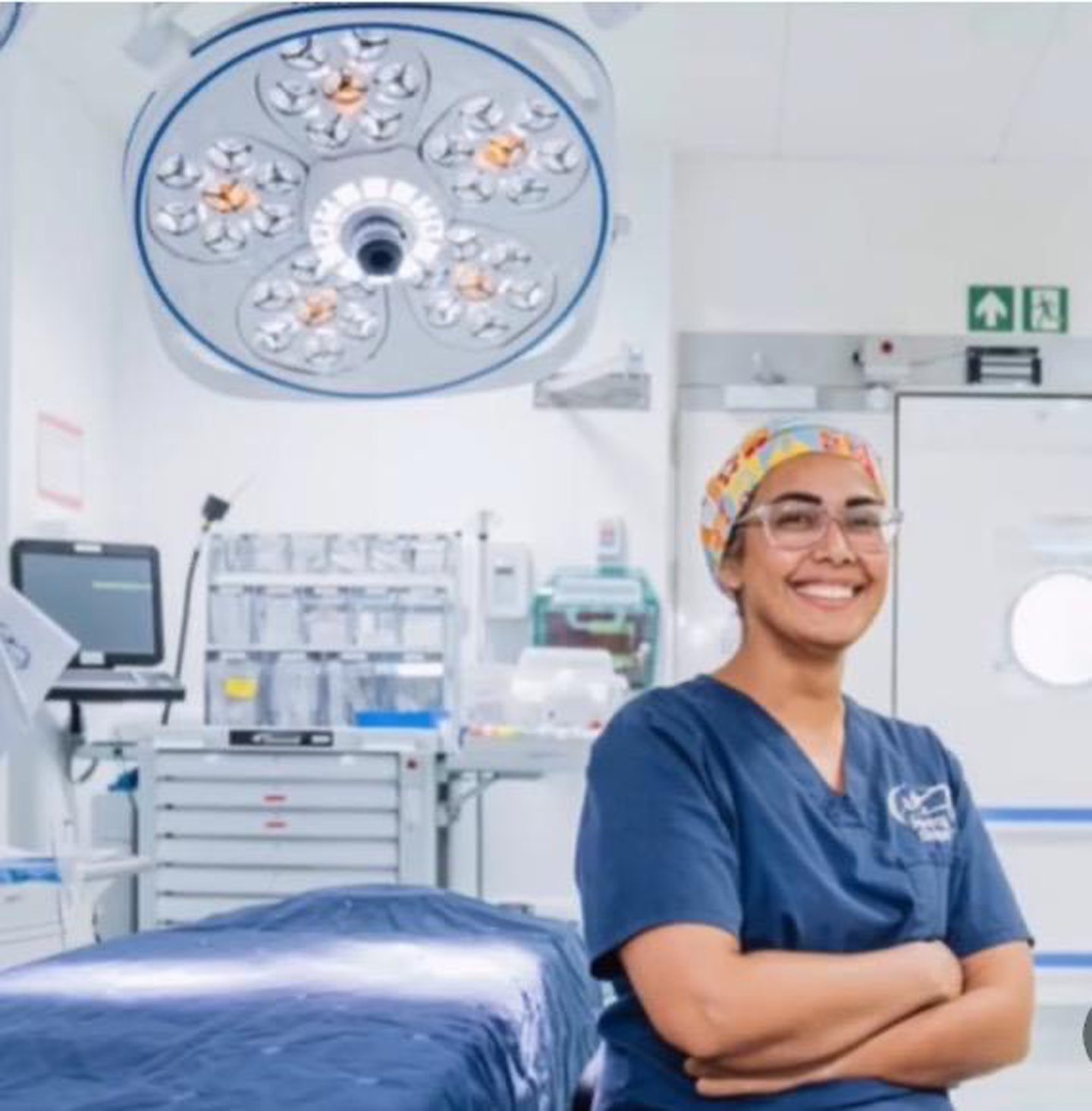
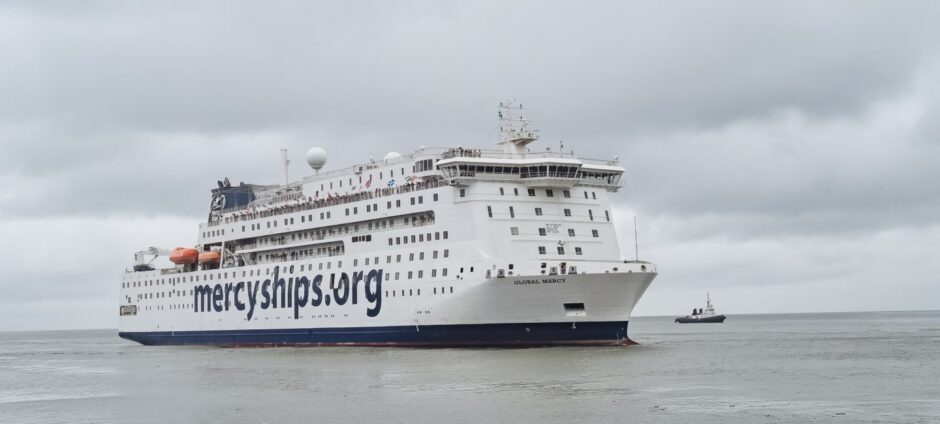
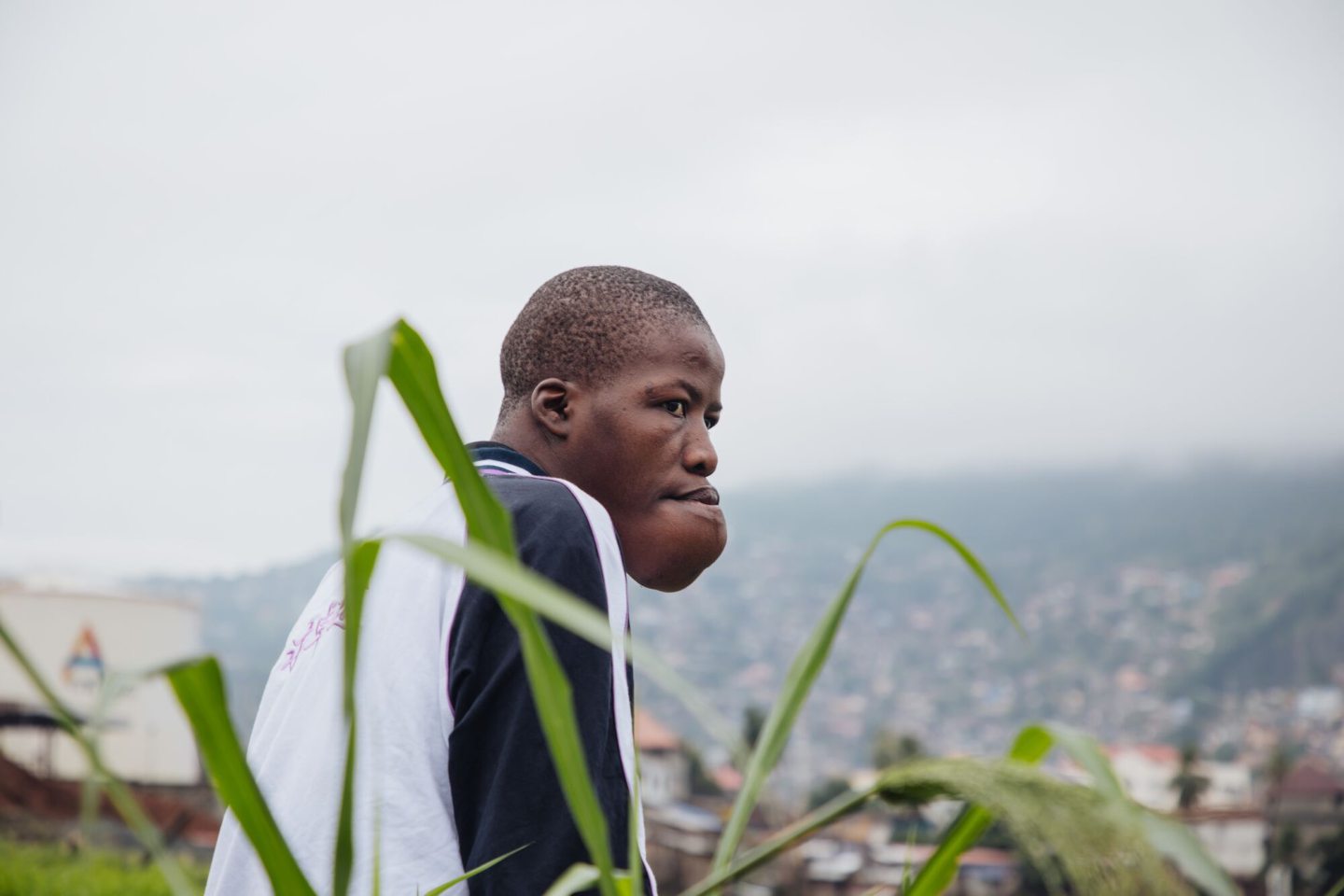
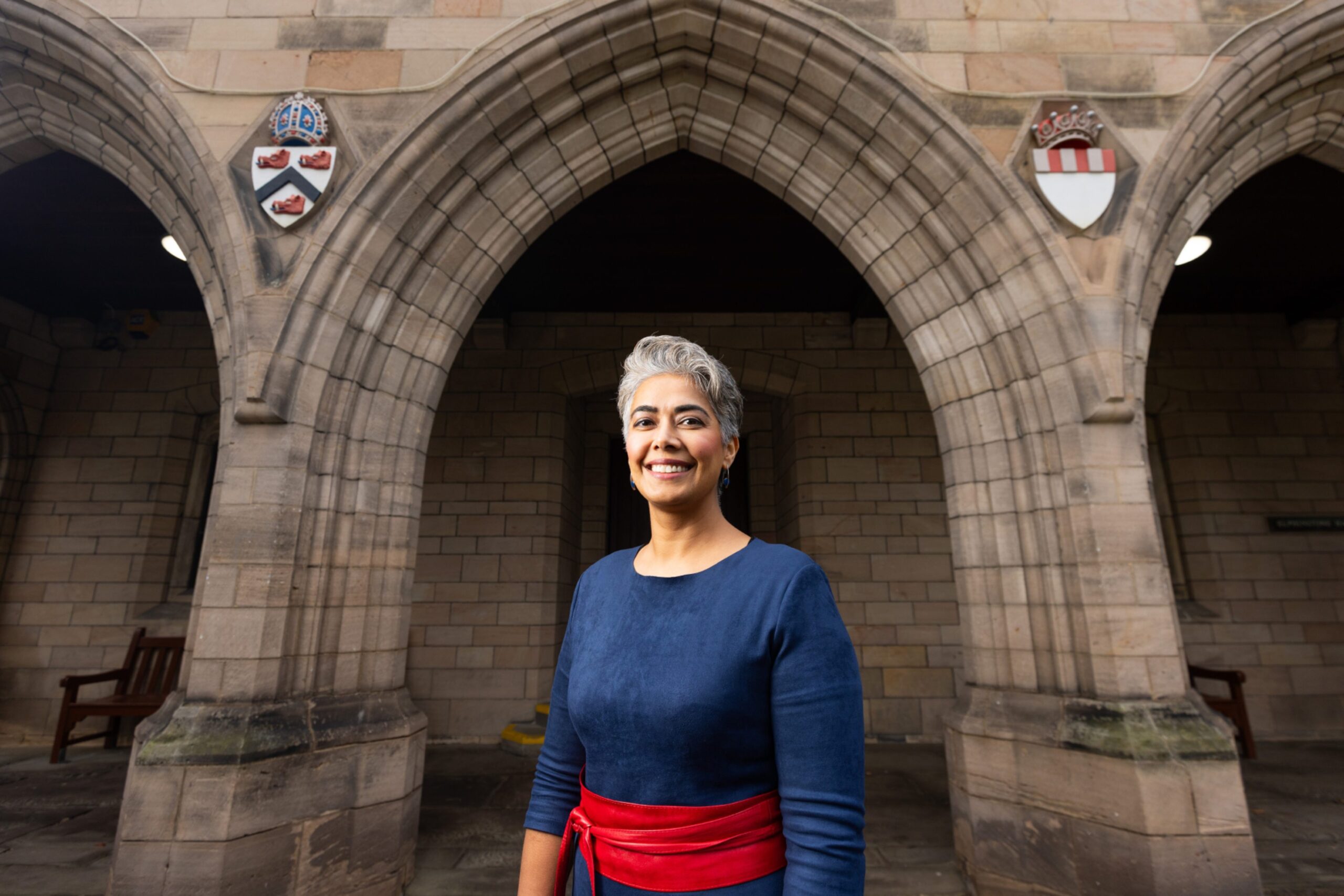
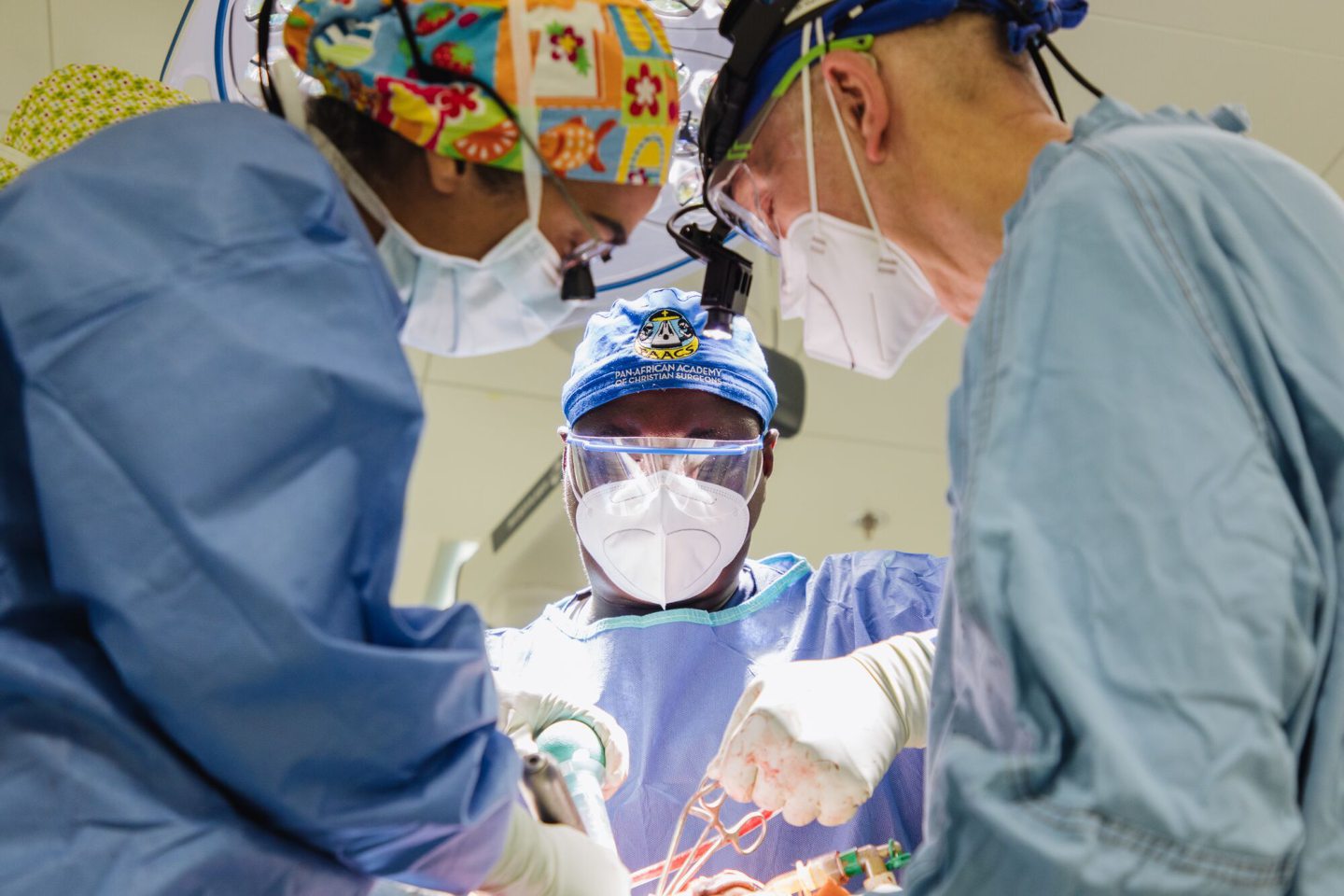
Conversation